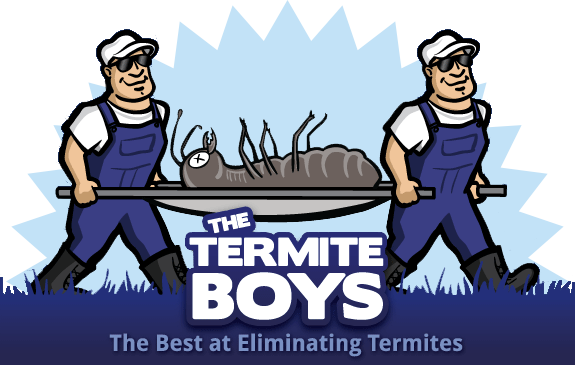Termites are not just a nuisance; they can cause substantial damage to your property if left unchecked. If you’re a homeowner in Boston, understanding how to manage and prevent termite infestations is crucial. This guide will help you identify signs of termite activity and offer effective strategies for dealing with these destructive pests.
Understanding Termites
Termites are small, pale insects that feed on wood and other cellulose materials. They live in colonies that can number in the thousands and are often hidden within the structure of your home, making them difficult to detect until significant damage has occurred.
Common Termites in Boston
In Boston, the most common types of termites are:
- Subterranean Termites: These termites build their nests underground and create mud tubes to access above-ground wood sources.
- Drywood Termites: Less common but equally destructive, drywood termites infest dry wood and do not require contact with soil.
Signs of Termite Infestation
Knowing the signs of a termite infestation can help you take action before serious damage occurs. Look out for:
- Mud Tubes: Subterranean termites create pencil-thin mud tubes as they move between their colony and food sources.
- Wood Damage: Termites hollow out wood, leaving it with a honeycomb-like interior that may sound hollow when tapped.
- Swarmers: Winged termites, or swarmers, emerge in the spring to start new colonies. Finding discarded wings near windowsills or doorways is a common sign.
- Frass: Drywood termites produce small, pellet-like droppings called frass, which can accumulate near infested areas.
Preventing Termite Infestations
Prevention is always better than cure. Here are some steps you can take to make your home less inviting to termites:
- Reduce Moisture: Termites are attracted to moisture. Fix leaks, ensure proper drainage, and use dehumidifiers in damp areas.
- Store Wood Properly: Keep firewood, lumber, and other wood materials away from your home and off the ground.
- Seal Cracks: Inspect your home for cracks in the foundation and seal them to prevent termites from entering.
- Regular Inspections: Schedule annual termite inspections with a professional pest control service to catch any issues early.
Effective Termite Treatments
If you suspect a termite infestation, it’s essential to act quickly. Here are some common treatment options:
- Chemical Treatments: Liquid termiticides can be applied to the soil around your home to create a barrier that kills termites on contact.
- Bait Systems: Termite bait stations are placed around your home, attracting termites to poisoned bait that they carry back to the colony.
- Fumigation: For severe infestations, fumigation may be necessary to eliminate termites throughout your home.
Professional Pest Control Services
While DIY methods can be effective, professional pest control services offer comprehensive solutions tailored to your specific situation. They have access to more potent treatments and can provide long-term prevention strategies.
Termites are a significant threat to homes in Boston, but with vigilance and proactive measures, you can protect your property. If you detect signs of termites, don’t hesitate to contact a professional pest control service for an inspection and treatment plan.
For more detailed information and assistance, feel free to reach out to local pest control experts who specialize in termite management. Protect your home and peace of mind by staying informed and prepared.

